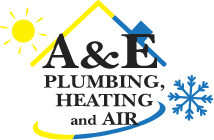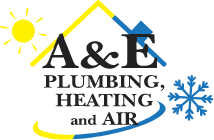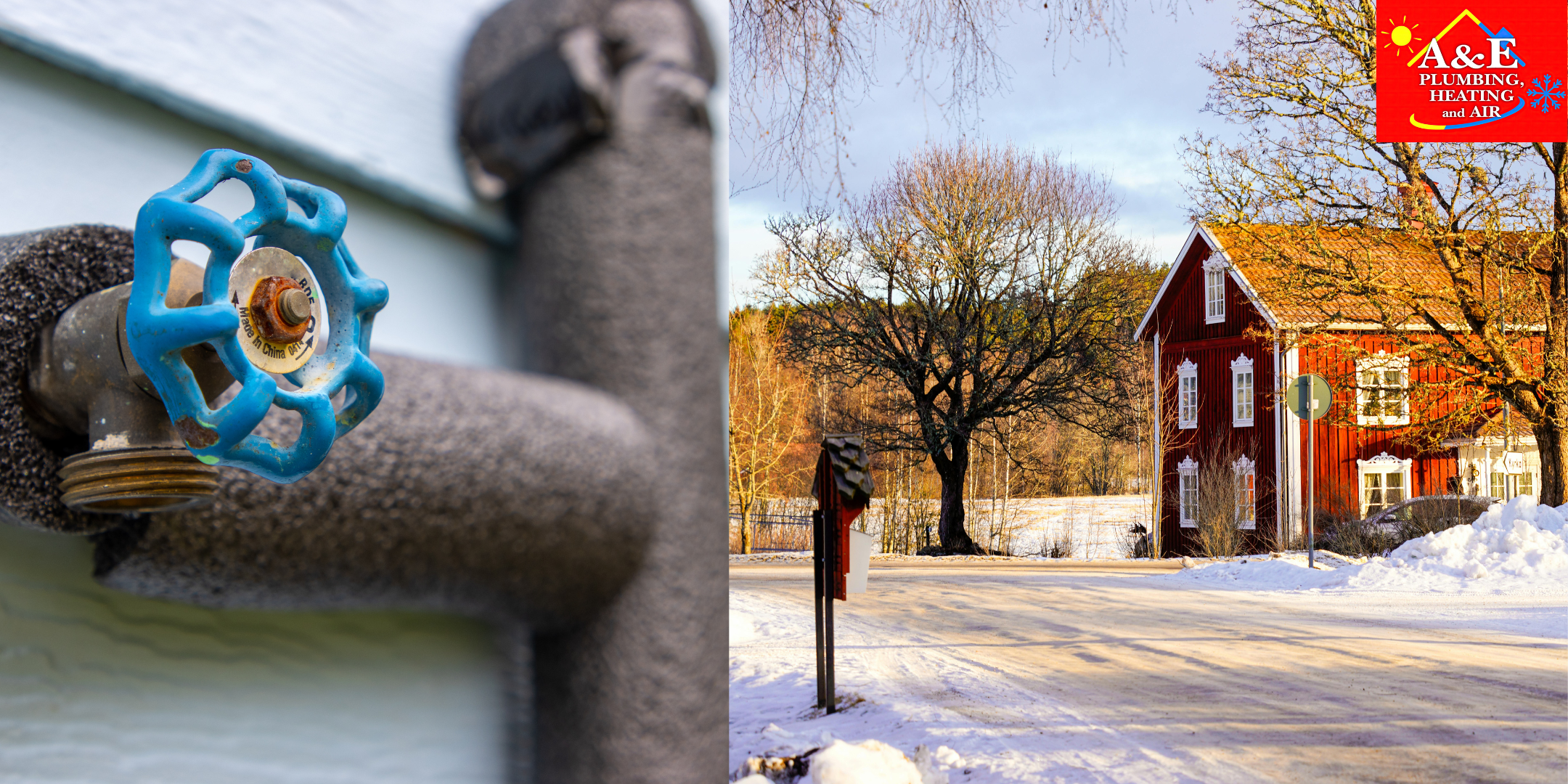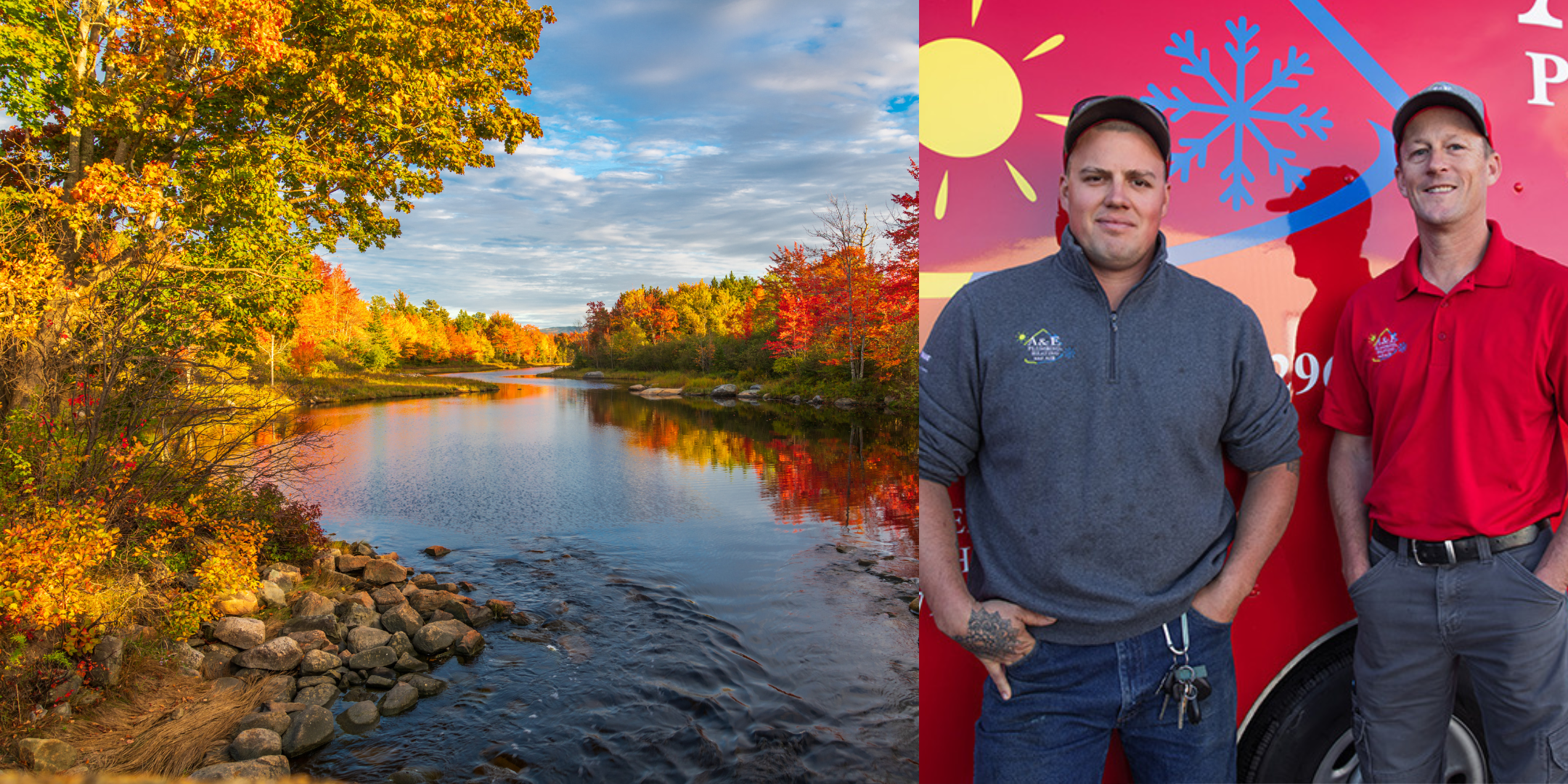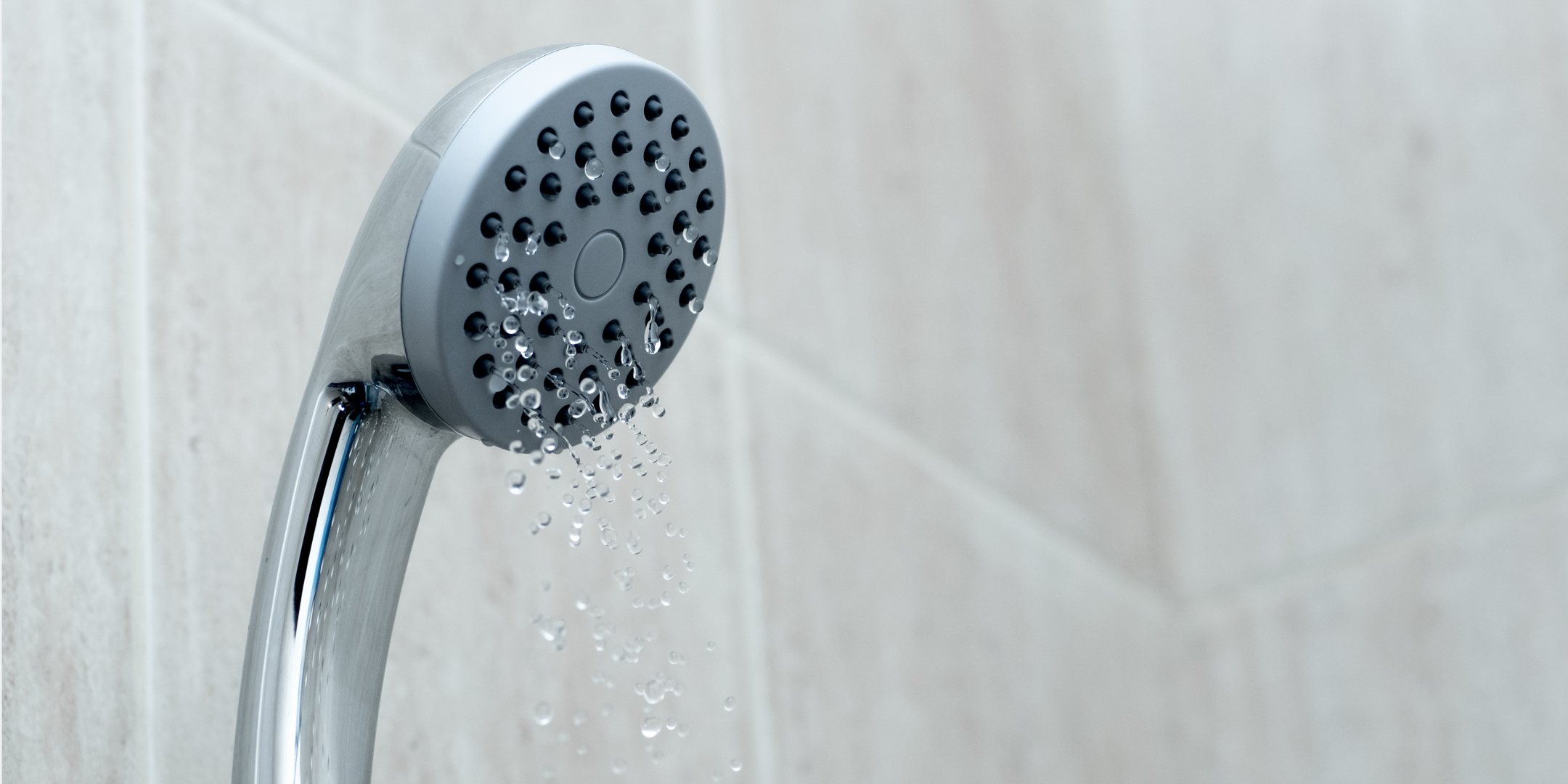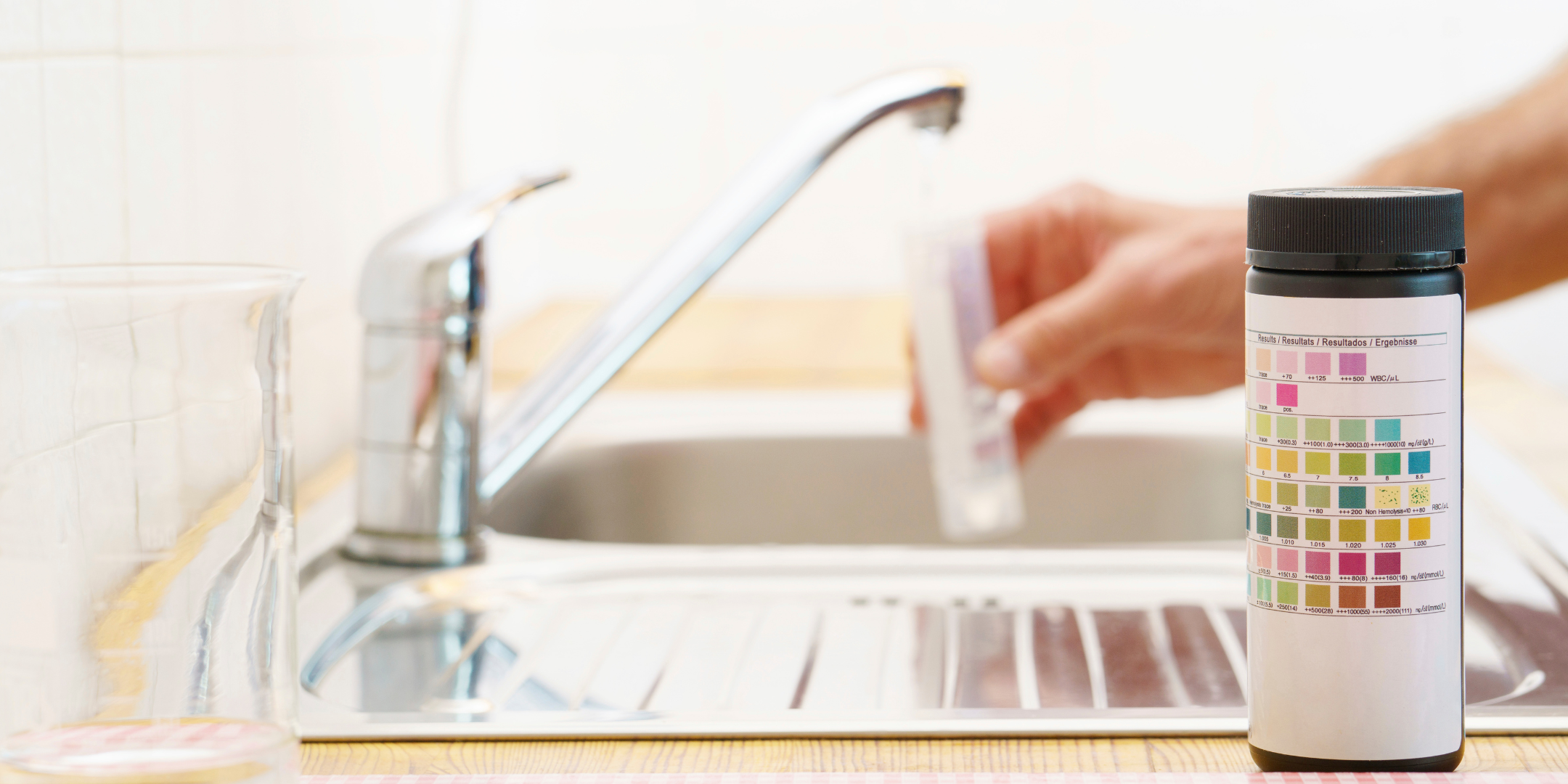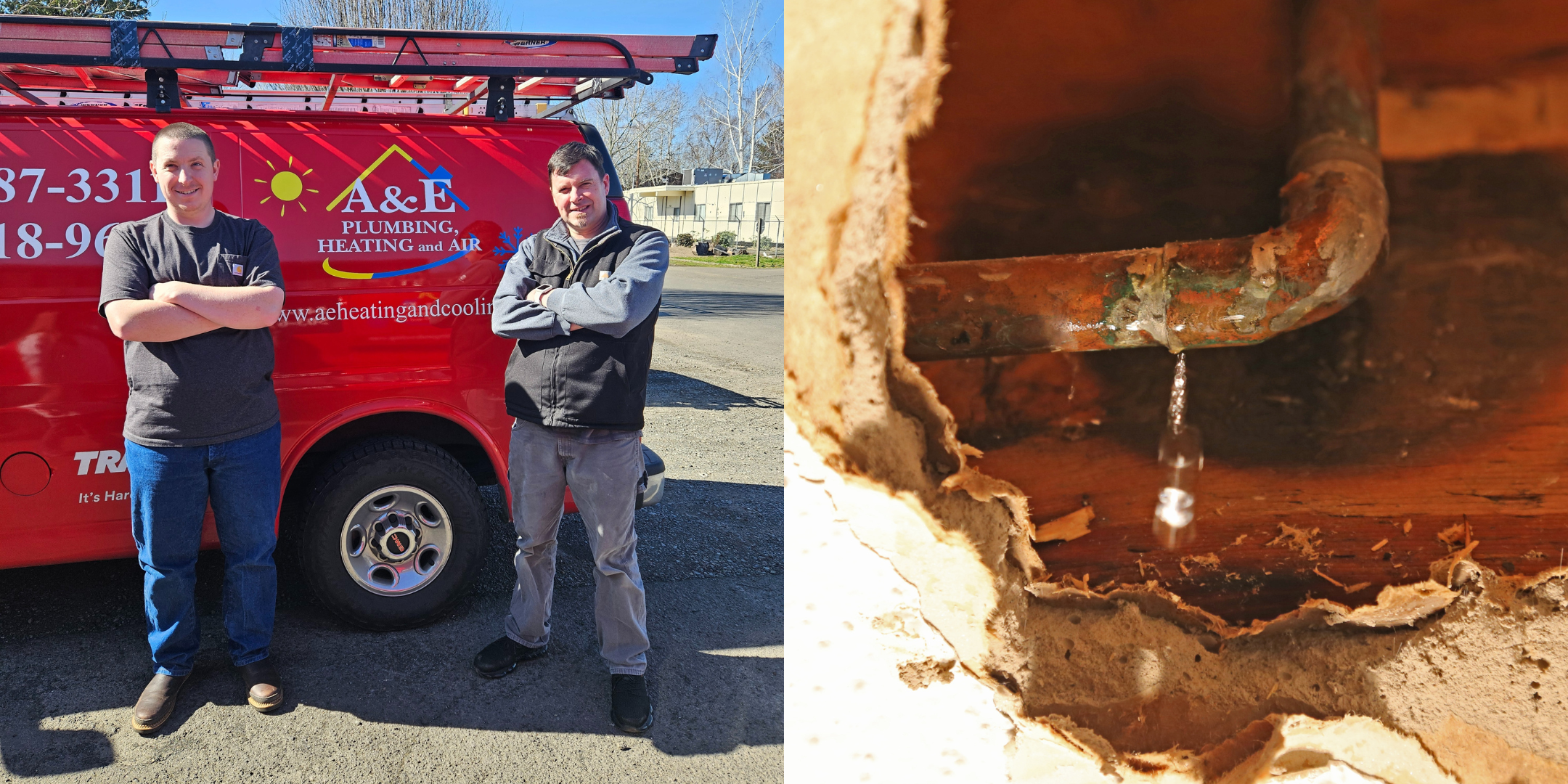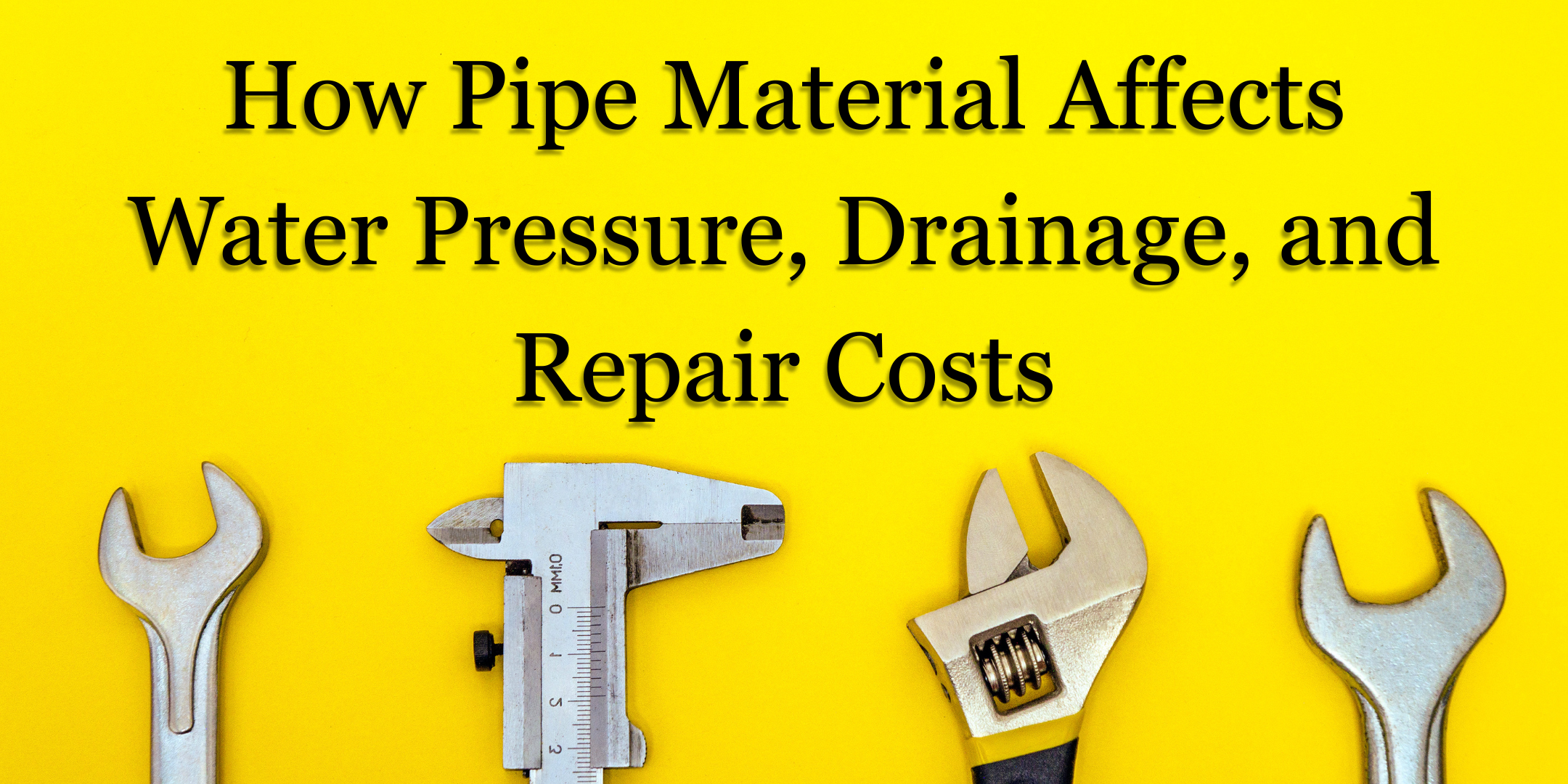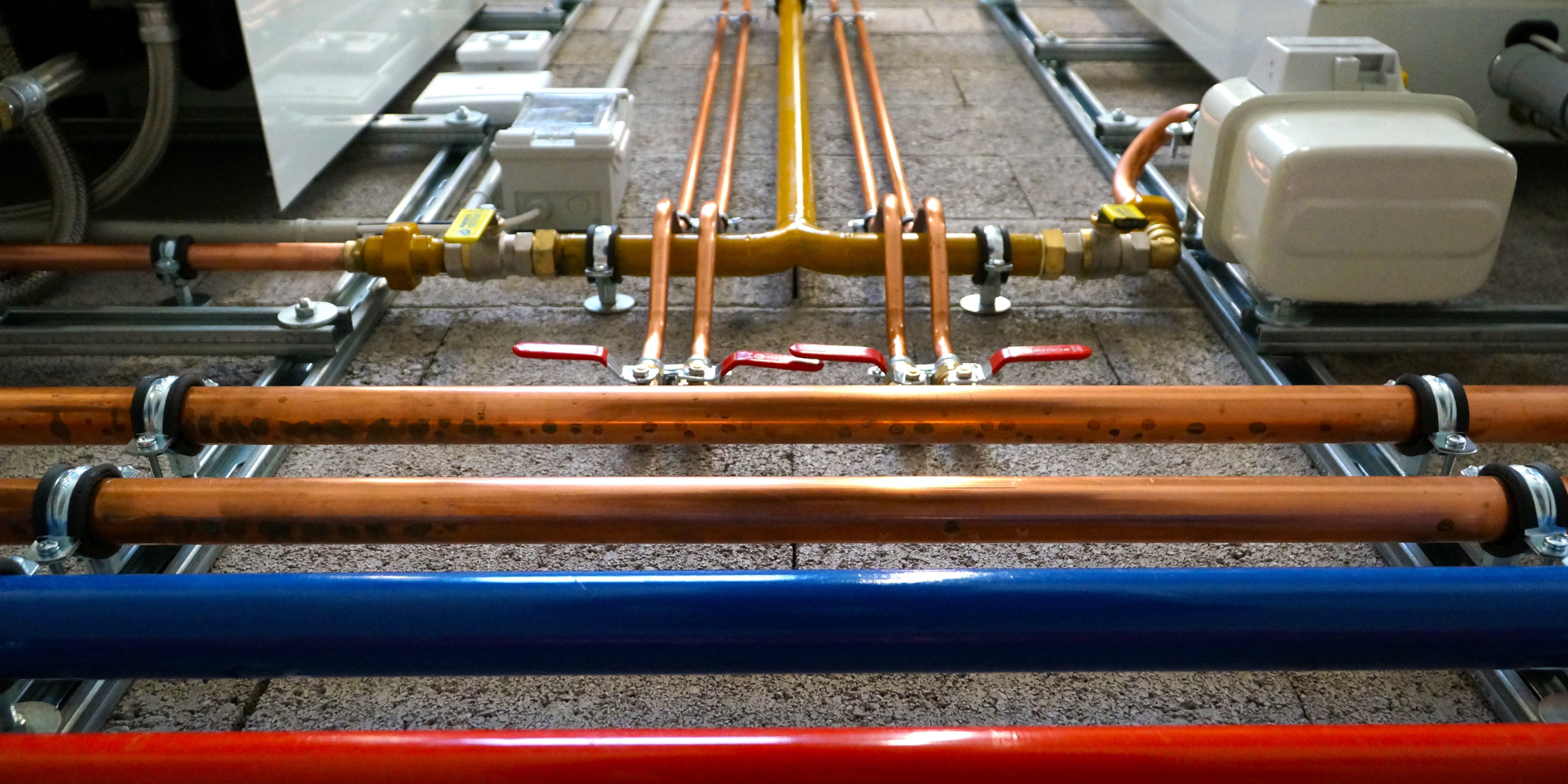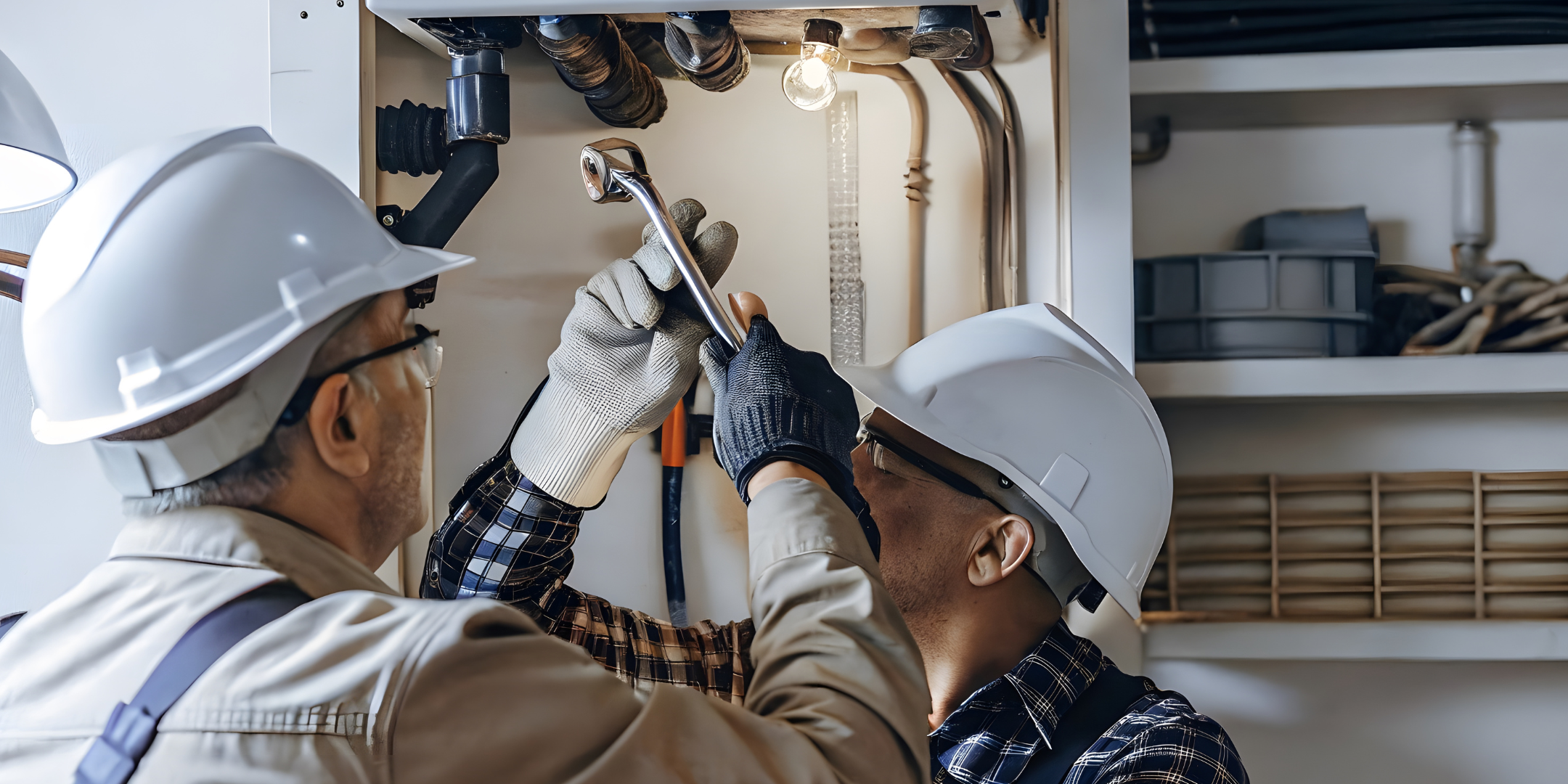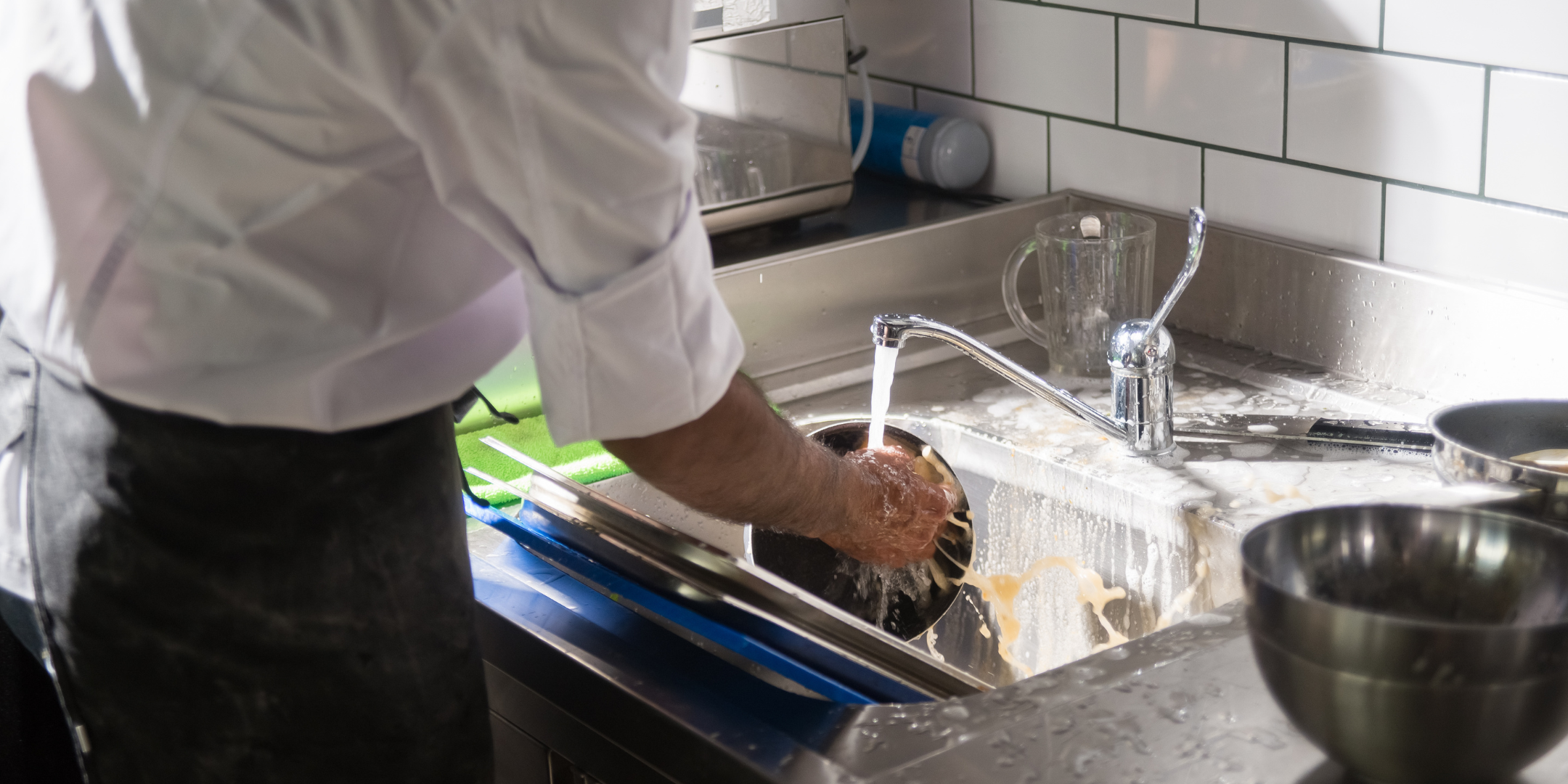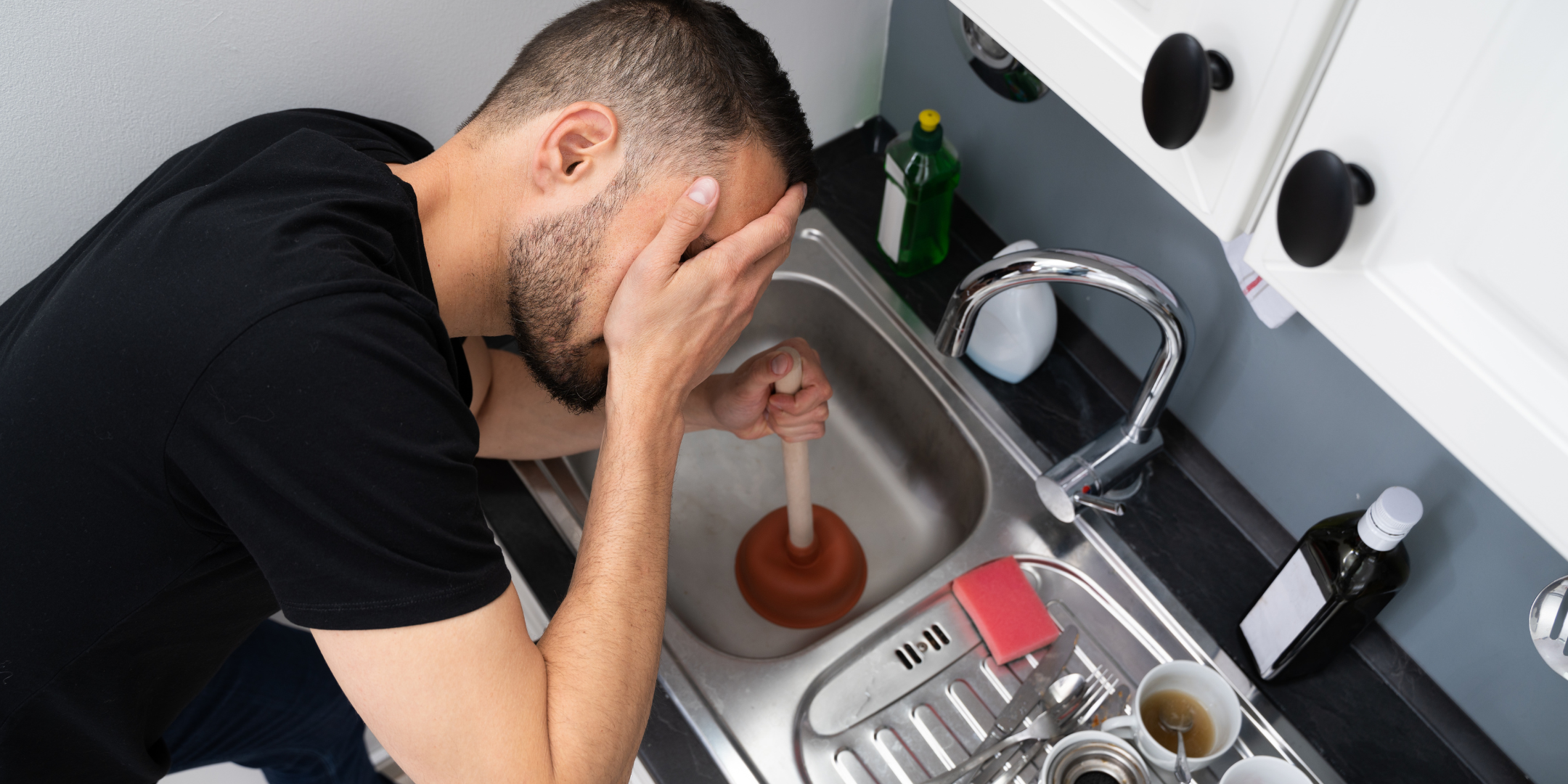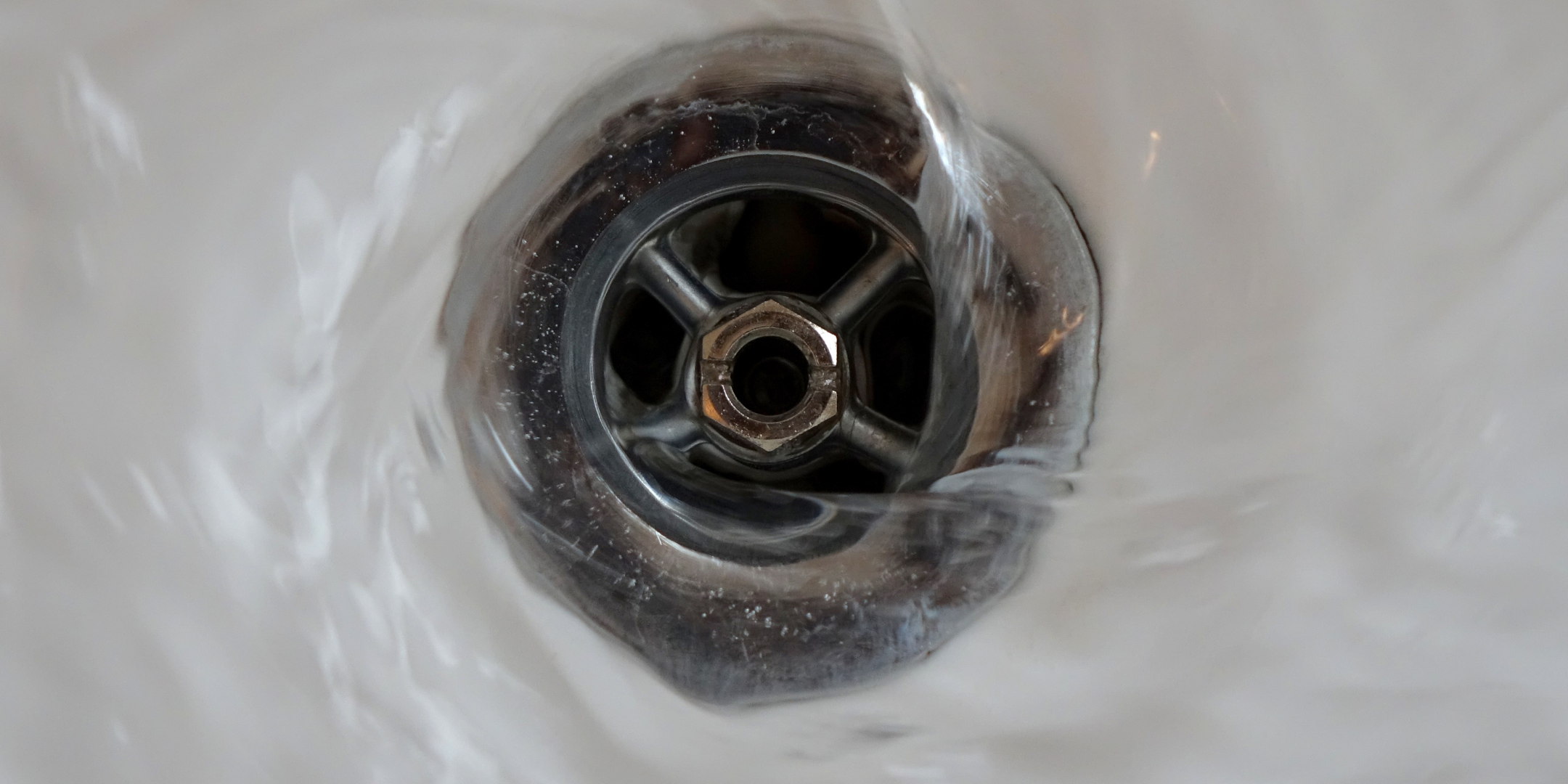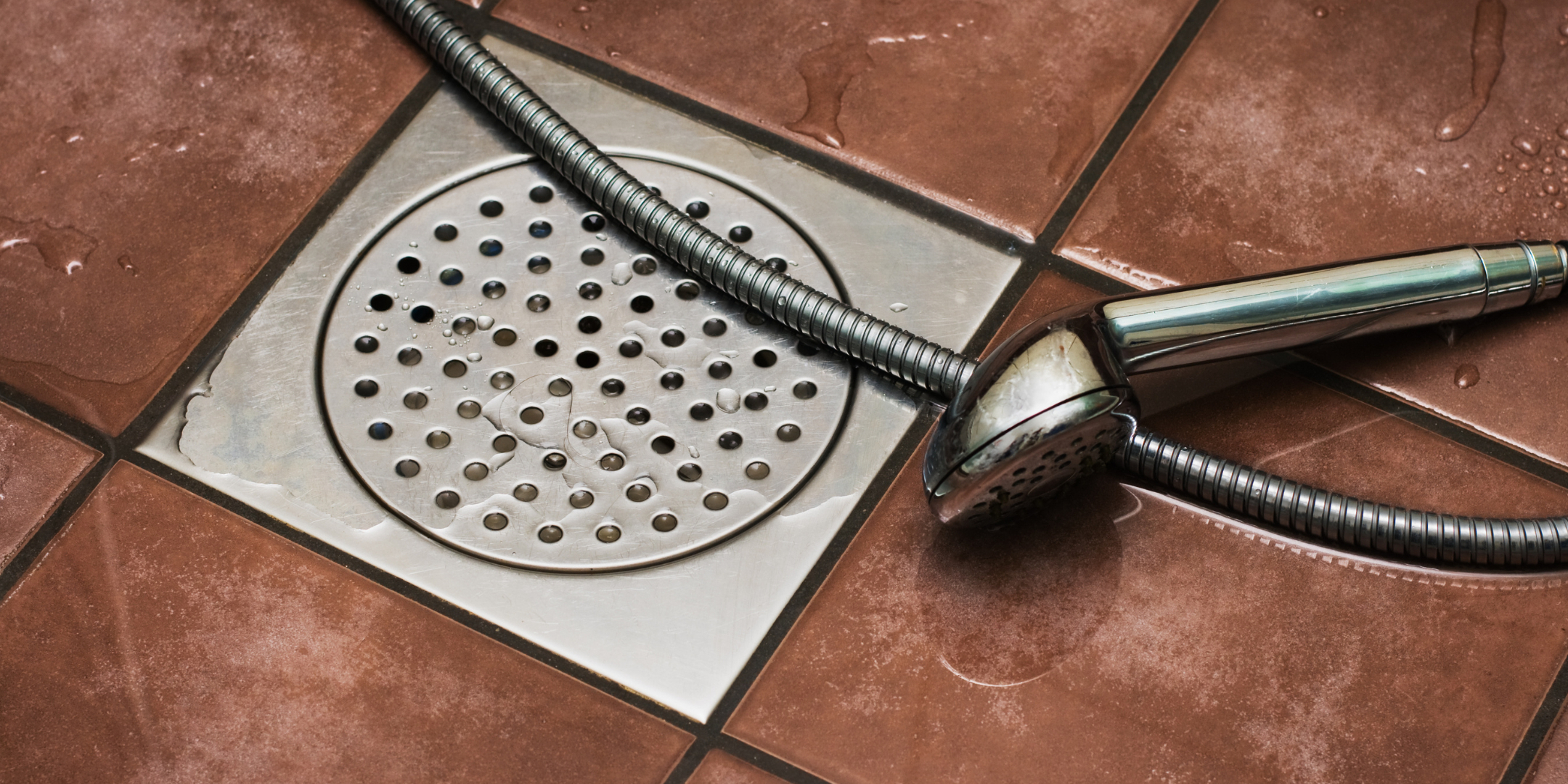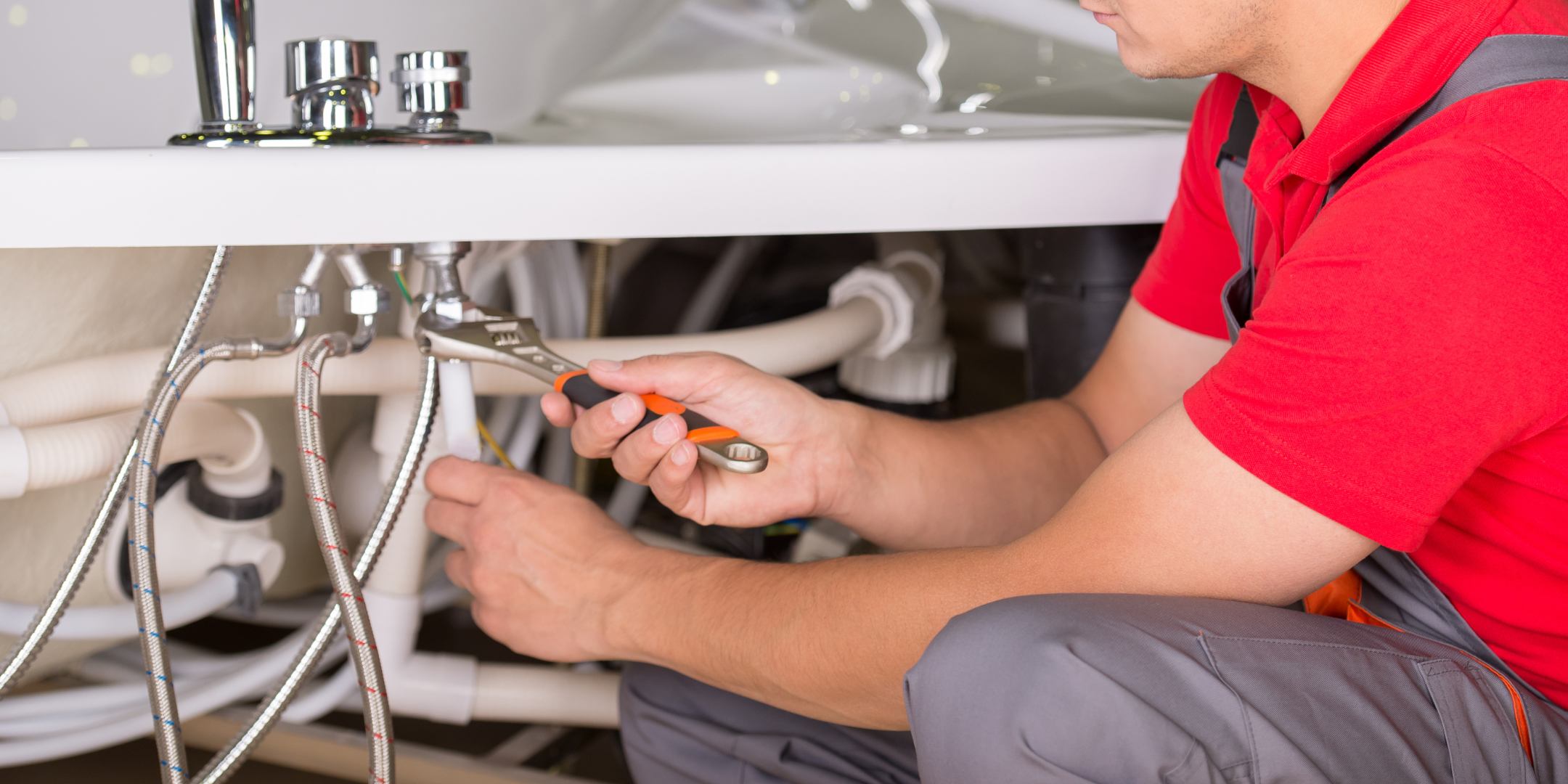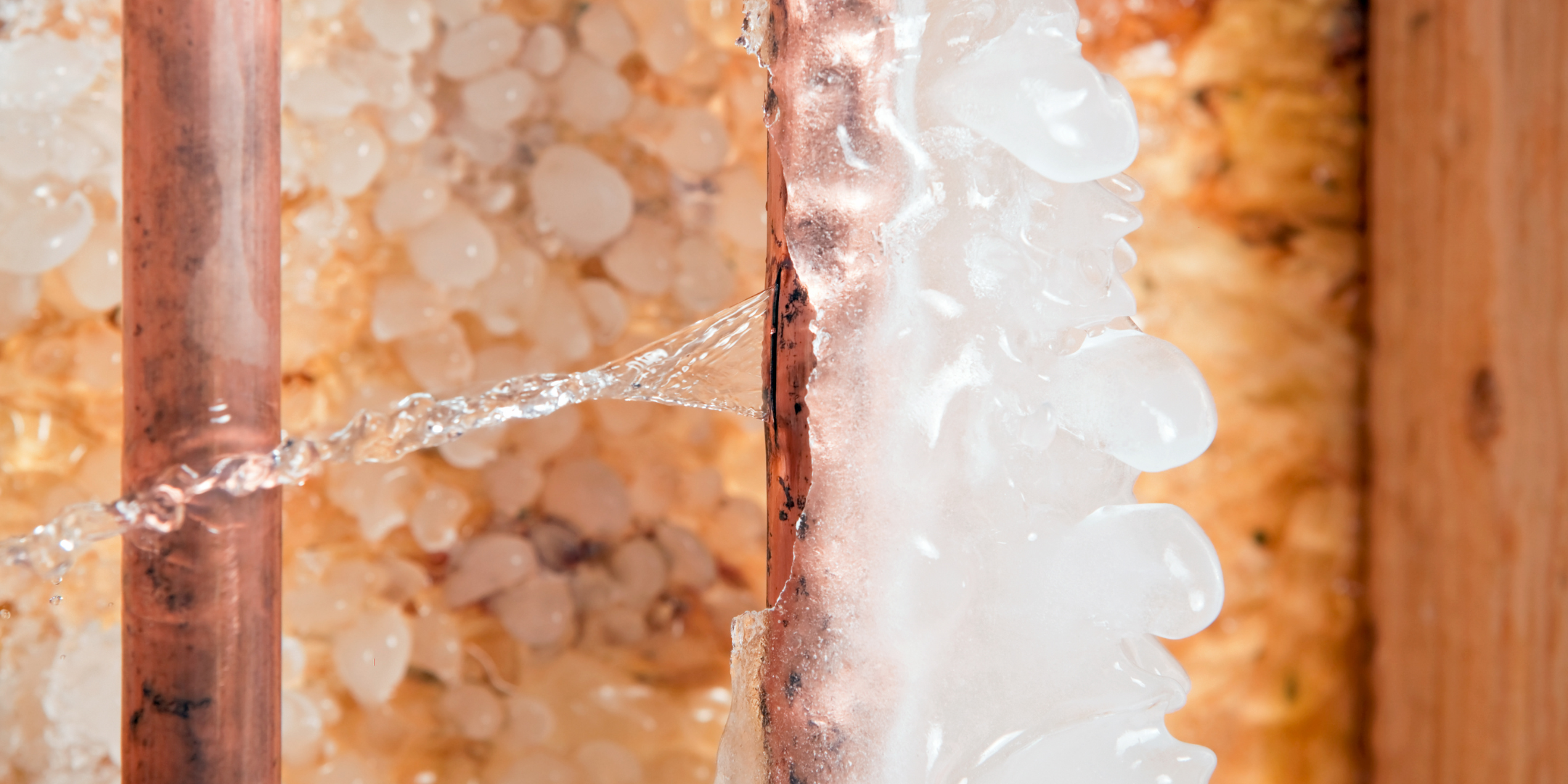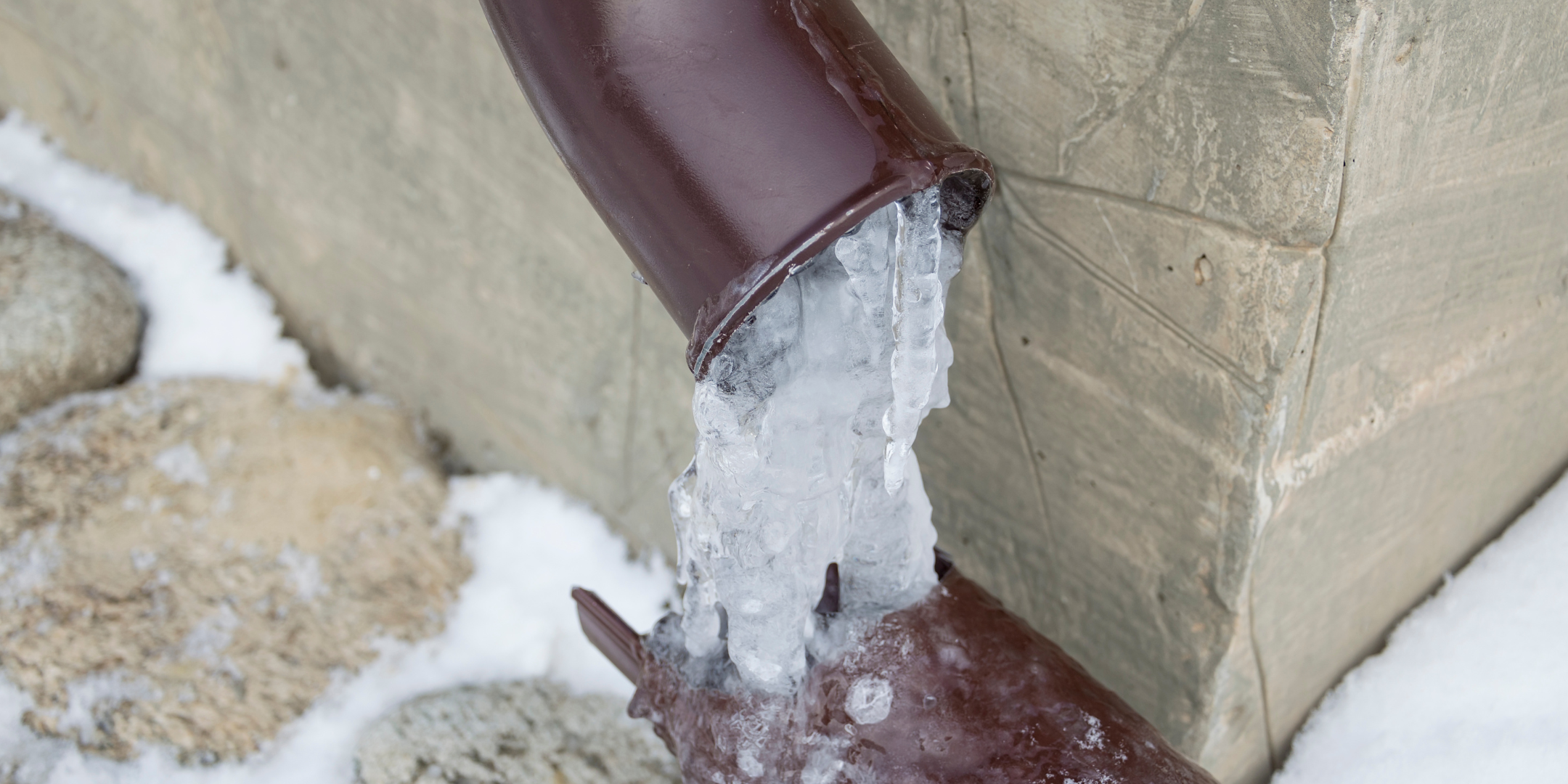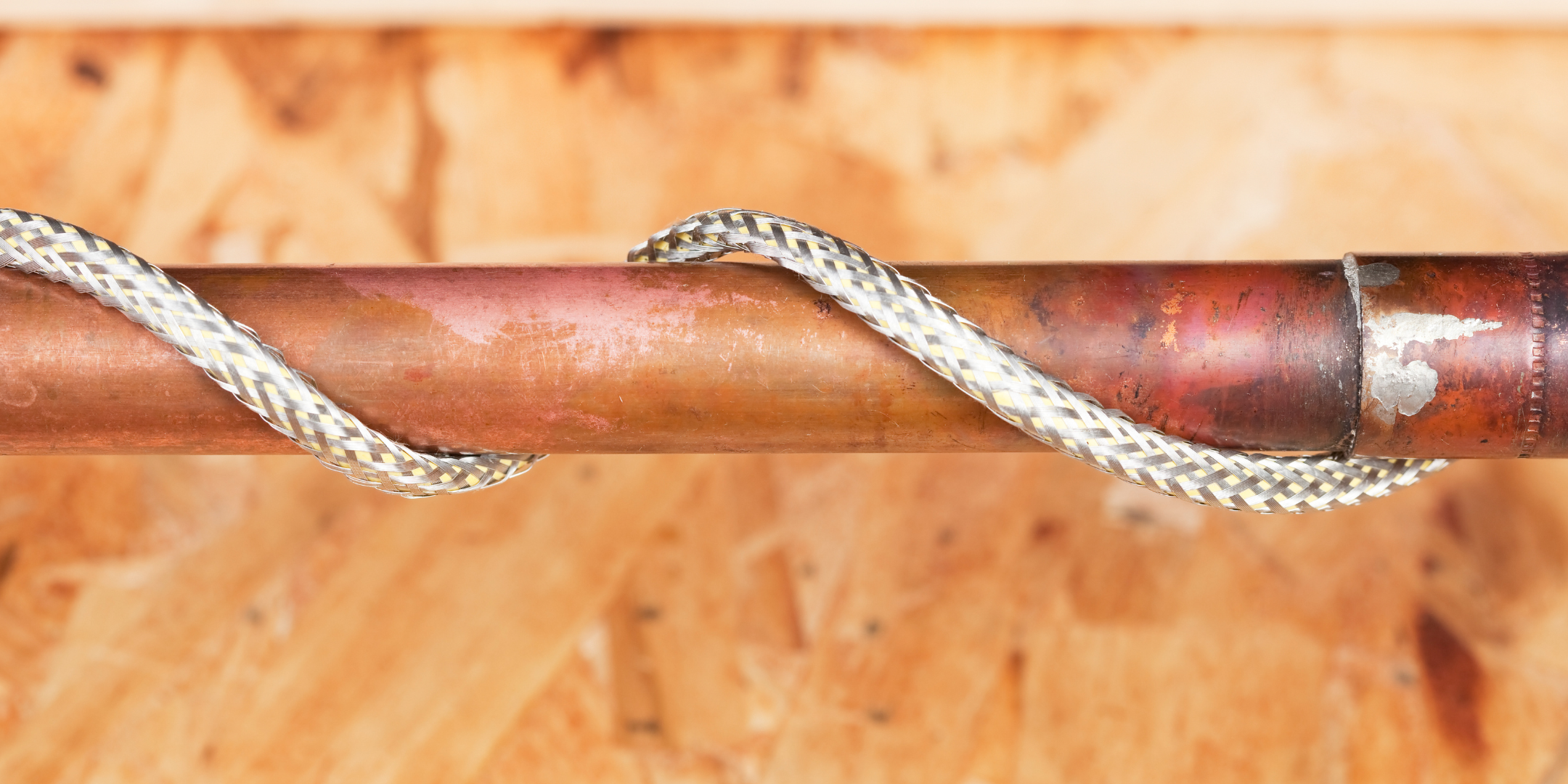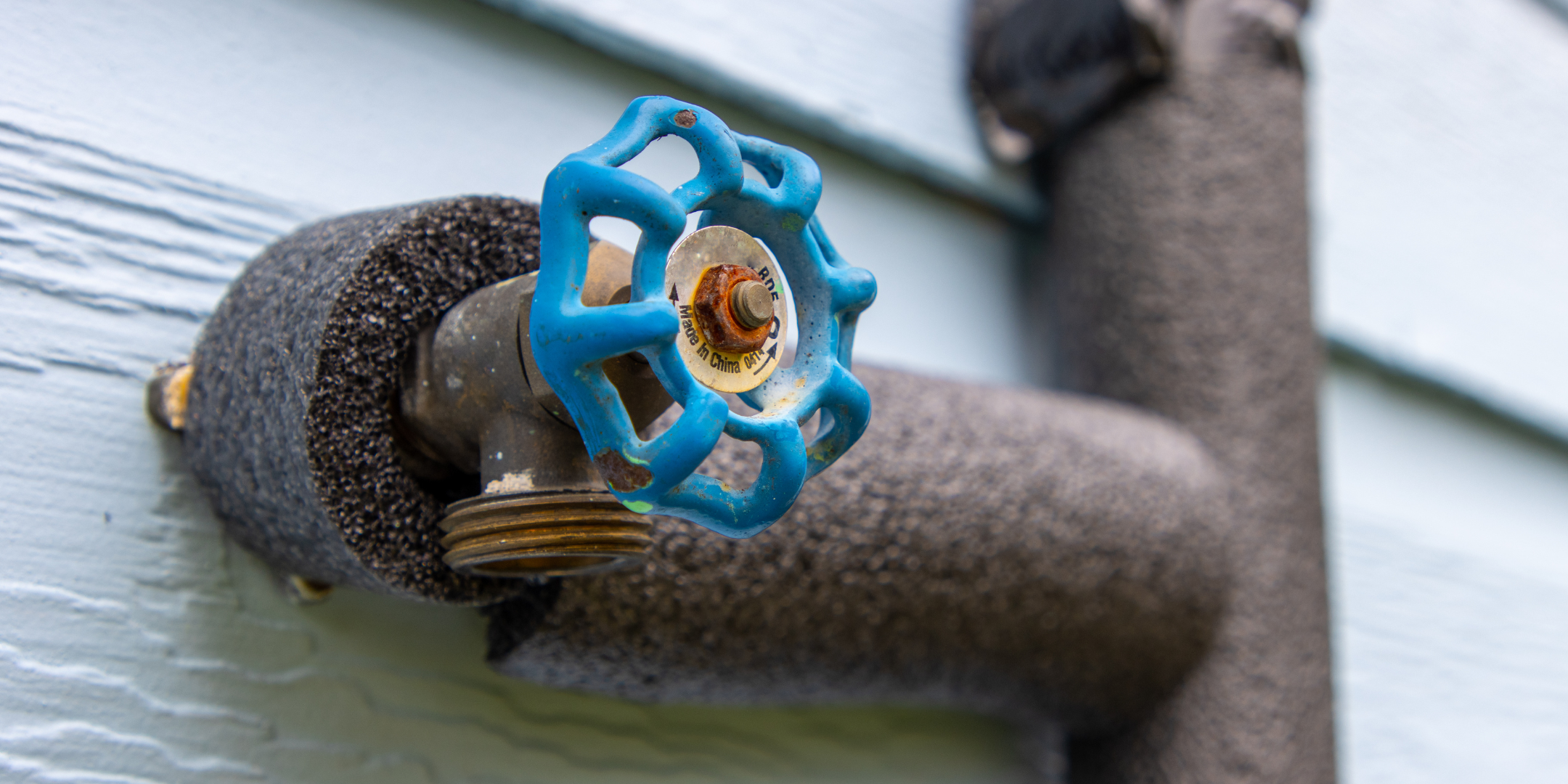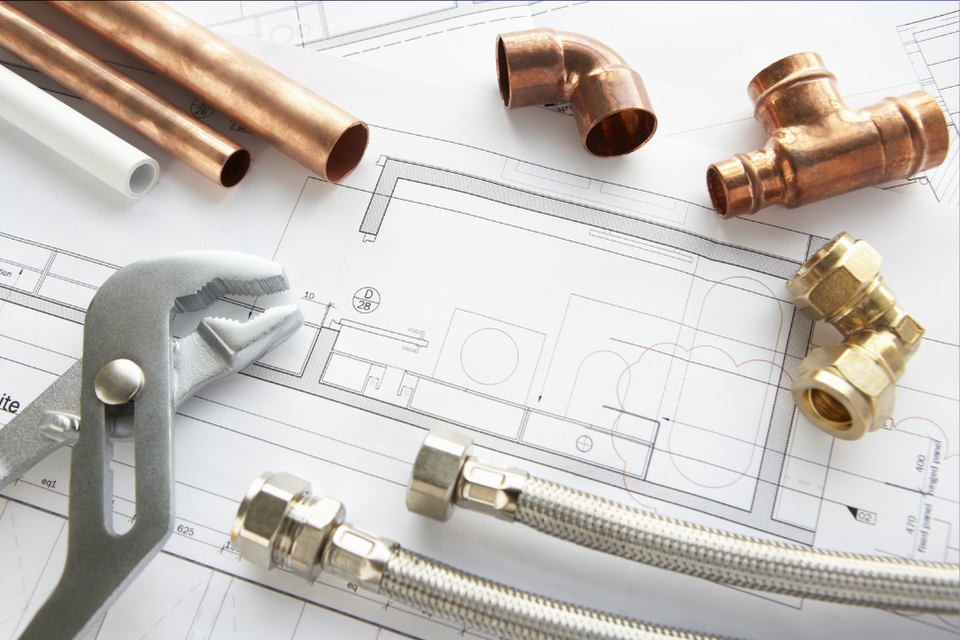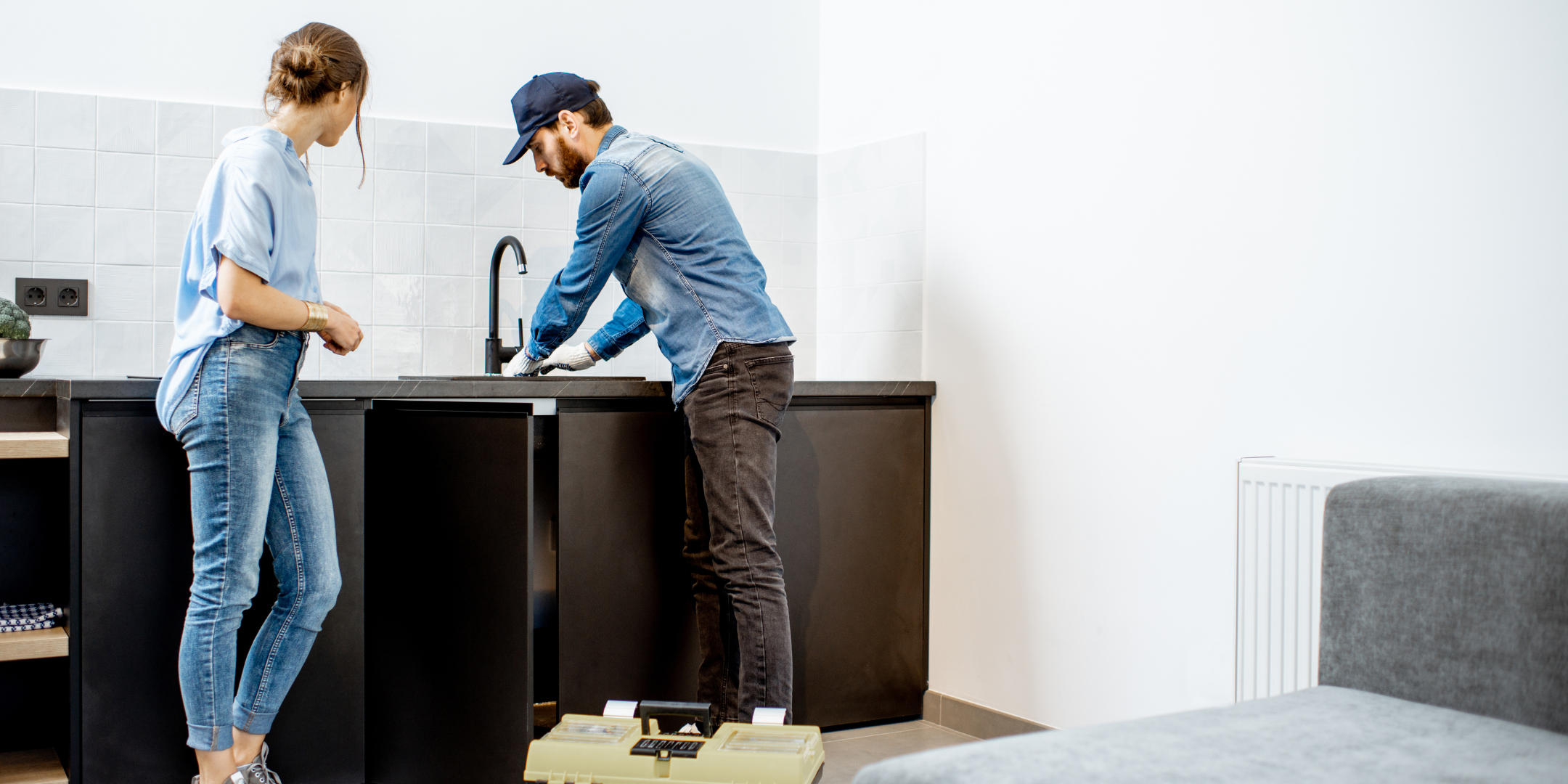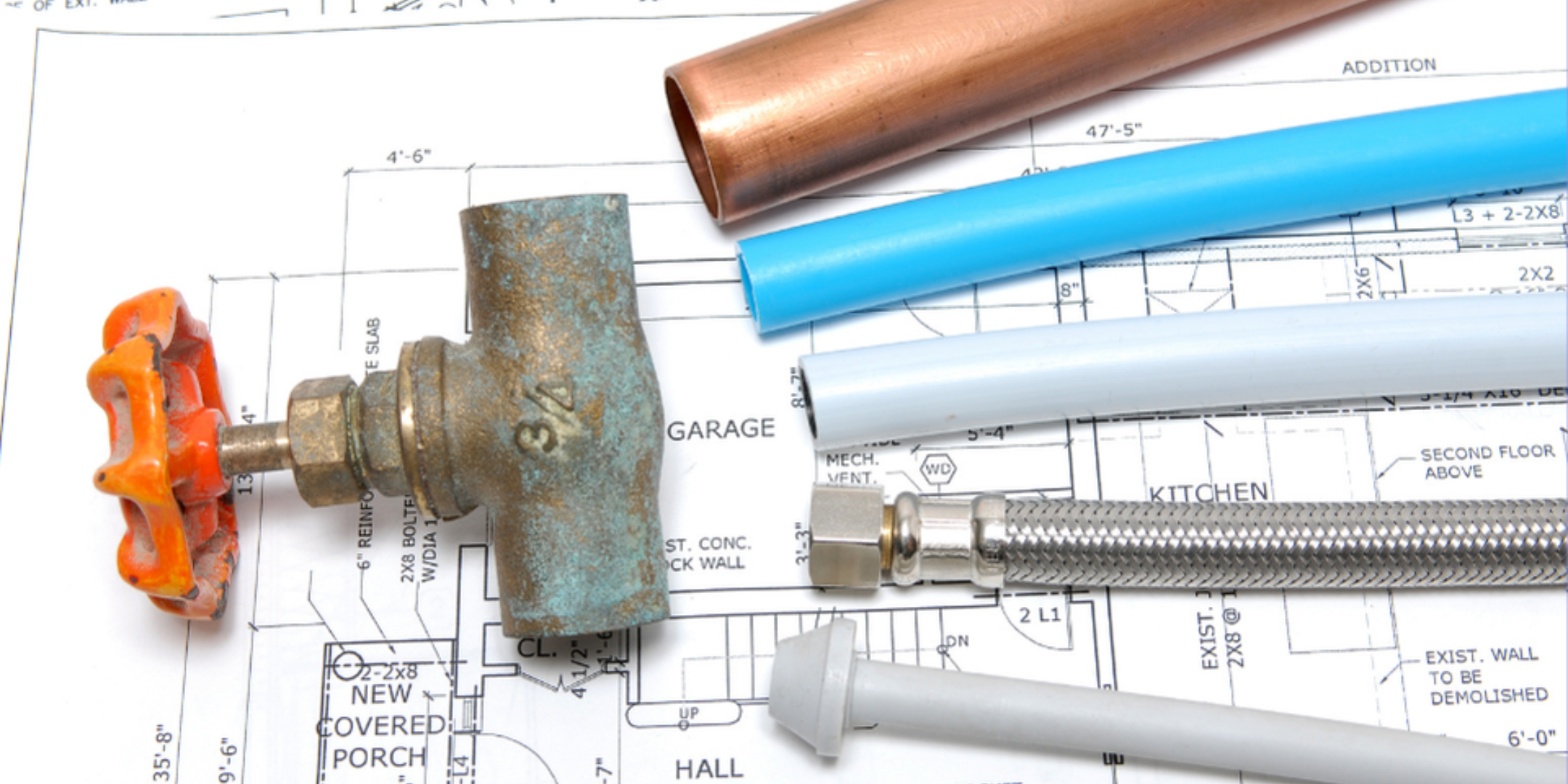A&E’s Plumber-Approved Winterization Checklist for Second Homes
October 15th, 2025
4 min read
By Daphne Hunt
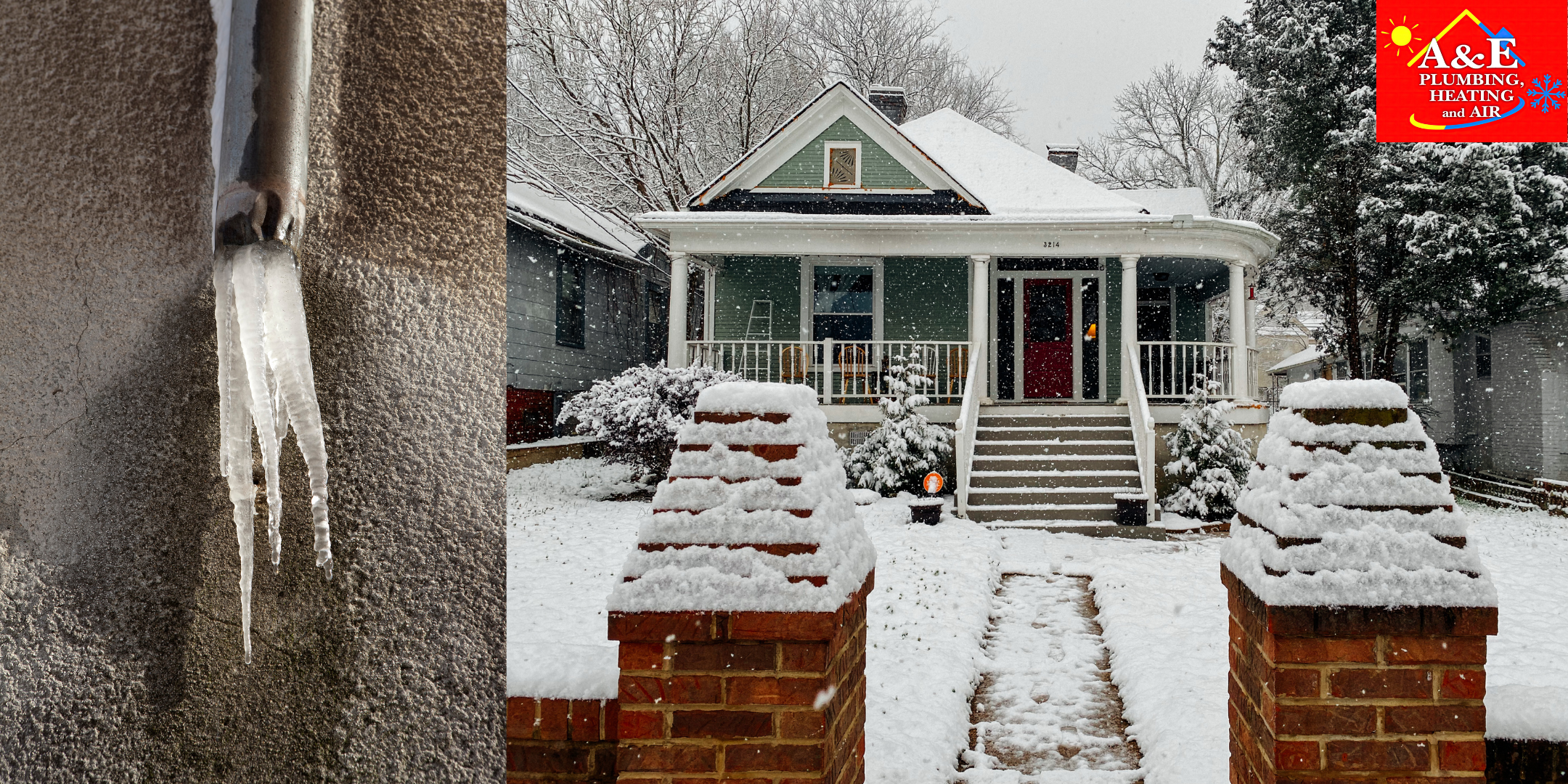
You’ve worked hard for your second home — it’s your refuge from the daily grind. But when the temperature dips across Oregon and Washington, plumbing systems become one of winter’s first casualties.
dips across Oregon and Washington, plumbing systems become one of winter’s first casualties.
Pipes freeze.
Water heaters crack.
Crawl spaces turn into icy time bombs waiting for a thaw.
By the end of this article, you’ll know exactly how to protect your second home before winter hits — step-by-step, with real technician insight from A&E Plumbing, Heating and Air. We’ve spent over 17 years serving homeowners throughout the Columbia River Gorge, Portland Metro, and beyond, helping families avoid the stress, cost, and heartbreak that come from burst pipes and preventable leaks.
Let’s walk through how to make your home safe, warm, and worry-free, even when you’re miles away.
Why Second Homes Need Extra Love in Winter
Most homeowners assume that if the heat is off and the doors are locked, their second home is safe. Unfortunately, that’s when plumbing trouble starts.
Unfortunately, that’s when plumbing trouble starts.
A primary home benefits from daily use: running water, steady indoor heat, and someone around to notice small leaks. A second home? Not so lucky.
When a property sits empty in areas like Hood River, The Dalles, or Gresham, those sharp Gorge winds and freezing nights can creep into crawl spaces, walls, and attics. Without movement in the lines or consistent warmth, even a tiny amount of water left inside pipes can expand and split copper, PEX, or PVC connections overnight.
If you’ve ever wondered, “Do I really need professional winterization?”, here’s the reality:
It’s not about luxury; it’s about prevention.
The cost of professional winterization is a fraction of what one burst pipe can cause in damage.
And unlike DIY “drain-and-pray” methods, a professional service pressurizes, tests, and documents your system’s safety before you leave town.
The Technician-Approved Winterization Checklist
Our team has condensed nearly two decades of local experience into a single, easy-to-follow list.
You don’t need to be a plumber — just someone who wants to keep their home safe while they’re away.
1. Shut Off the Water Supply (Properly!)
This is the first and most important step, but it’s also the one homeowners get wrong most often.
Find your main water shut-off valve inside your home, typically near the water heater or utility area. Shutting it off outside at the street isn’t ideal, because you can’t control or test it later. Once it’s off, open the lowest faucet in the house (like a basement sink or outdoor spigot) to relieve built-up pressure.
If your home is in an area like White Salmon or Troutdale, where overnight temperatures regularly dip below freezing, you’ll want every drop of standing water gone from the system. That’s where our technicians use compressed air to purge the lines completely — an extra layer of protection you can’t get from gravity alone.
2. Drain the Water Heater
Water heaters are notorious for being forgotten during winter prep. Even when powered off, they hold gallons of water that can freeze and rupture.
To drain safely:
- Shut off power or gas to the water heater.
- Attach a garden hose to the bottom drain valve.
- Lead it outside or into a floor drain and open the valve.
You’ll often notice cloudy water or rust — that’s mineral sediment, which you’re removing along with the water. It’s one of the simplest ways to extend your tank’s lifespan while also protecting it from freeze damage.
3. Insulate Exposed Pipes
If it’s cold enough that your breath fogs up, your pipes feel it too. Insulation sleeves or foam wraps are inexpensive, easy to install, and dramatically reduce freezing risk.
inexpensive, easy to install, and dramatically reduce freezing risk.
Pay special attention to:
- Crawl spaces and basements — common in The Dalles and Gresham
- Unheated garages — especially near washing machines or water heaters
- Attics and exterior walls — where drafts often sneak in
You might think, “My home’s insulated — I’m fine.” But most insulation protects rooms, not pipes. That’s why our technicians always check behind walls and under floors, where hidden air gaps can quickly freeze a section of copper.
4. Prep Toilets and Drains
Drains hold more standing water than most people realize. When temperatures drop, that water expands and cracks porcelain or traps.
A simple fix: pour a small amount of non-toxic RV antifreeze into each toilet bowl and sink drain. It prevents freezing, smells neutral, and is easy to flush out later.
This small step is especially helpful for vacation homes near the Gorge or Mount Hood where interior temperatures can swing drastically between day and night.
5. Set the Thermostat — Don’t Turn It Off
Turning off the heat might seem like a smart way to save money while you’re away, but it’s the biggest mistake homeowners make.
mistake homeowners make.
Keep the thermostat around 55°F — just enough to maintain baseline warmth. It protects not only your plumbing, but also wood floors, drywall, and trim from moisture damage.
And if you have a smart thermostat, even better: set up remote access so you can adjust or monitor temperatures from your phone. A small investment now saves thousands later — something we’ve proven in hundreds of homes from Gresham to Goldendale.
6. Unplug Appliances
Winterization isn’t just about freezing — it’s also about electrical safety.
When storms roll through the Columbia River Gorge, power surges happen. Unplugging non-essential appliances (washers, microwaves, toasters, etc.) keeps them safe and avoids unnecessary phantom energy use.
If your property is a rental or Airbnb, label important outlets so future guests know what to leave unplugged.
7. Check Your Sump Pump
Homes with basements or low-lying lots, especially around Hood River and Cascade Locks, rely on sump pumps to keep groundwater in check. If the pump fails or freezes, water rises fast.
Before leaving, pour a few gallons of water into the sump pit to make sure the pump activates. If it doesn’t, schedule maintenance before you go — that’s far cheaper than a cleanup crew.
The Optional (But Highly Recommended) Extras
These upgrades aren’t required, but our technicians swear by them after years of responding to preventable damage calls.
- Smart Leak Detection Sensors: Wi-Fi sensors near the water heater or under sinks send alerts straight to your phone.
- Automatic Shut-Off Valves: These systems cut water flow the instant they detect a leak — a lifesaver for seasonal homes.
- Crawl Space Heaters or Thermostat-Controlled Plugs: A small heater on a plug-in thermostat can keep under-home temps safely above freezing, without running up the energy bill.
- Plumbing Maintenance Memberships: Our Plumbing Membership includes annual inspections, priority service, exclusive discounts, and maintenance reminders — keeping your home protected through every season.
Why Homeowners Across Oregon and Washington Trust A&E
For more than 17 years, A&E Plumbing, Heating and Air has been helping families across Oregon and Washington — from Gresham to The Dalles, Hood River, Troutdale, and the Portland Metro — protect what they’ve worked so hard to build.
Our customers rely on us not just for plumbing services, but for honest education and peace of mind.
We’ve seen every kind of winter storm the Gorge can throw — and we know what it takes to keep your home dry, safe, and ready for spring.
Ready to Leave Town Worry-Free?
Whether your second home overlooks the Columbia River or sits tucked in the pines near Parkdale, one simple call to A&E can keep it safe all winter.
simple call to A&E can keep it safe all winter.
Professional winterization isn’t just a checklist — it’s confidence.
Confidence that your pipes won’t burst.
Confidence that your heater, water lines, and drains are ready for freezing temps.
Confidence that you can relax and enjoy your time away.
Book your plumbing winterization service with A&E Plumbing, Heating and Air today and come home to everything exactly as you left it: warm, dry, and worry-free.
Daphne Hunt holds a bachelor's degree in English and Mass Communication and has a lifelong passion for writing. She thrives on using her skills to craft compelling pieces that inform, inspire, and connect with readers.
Topics:
